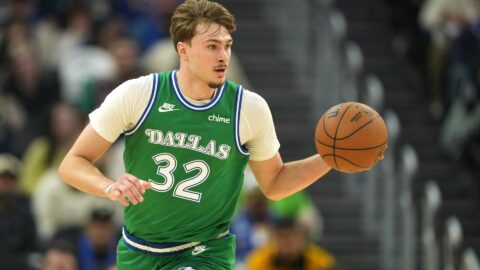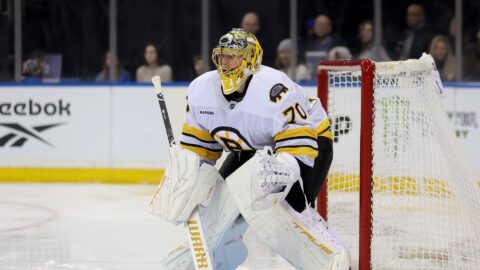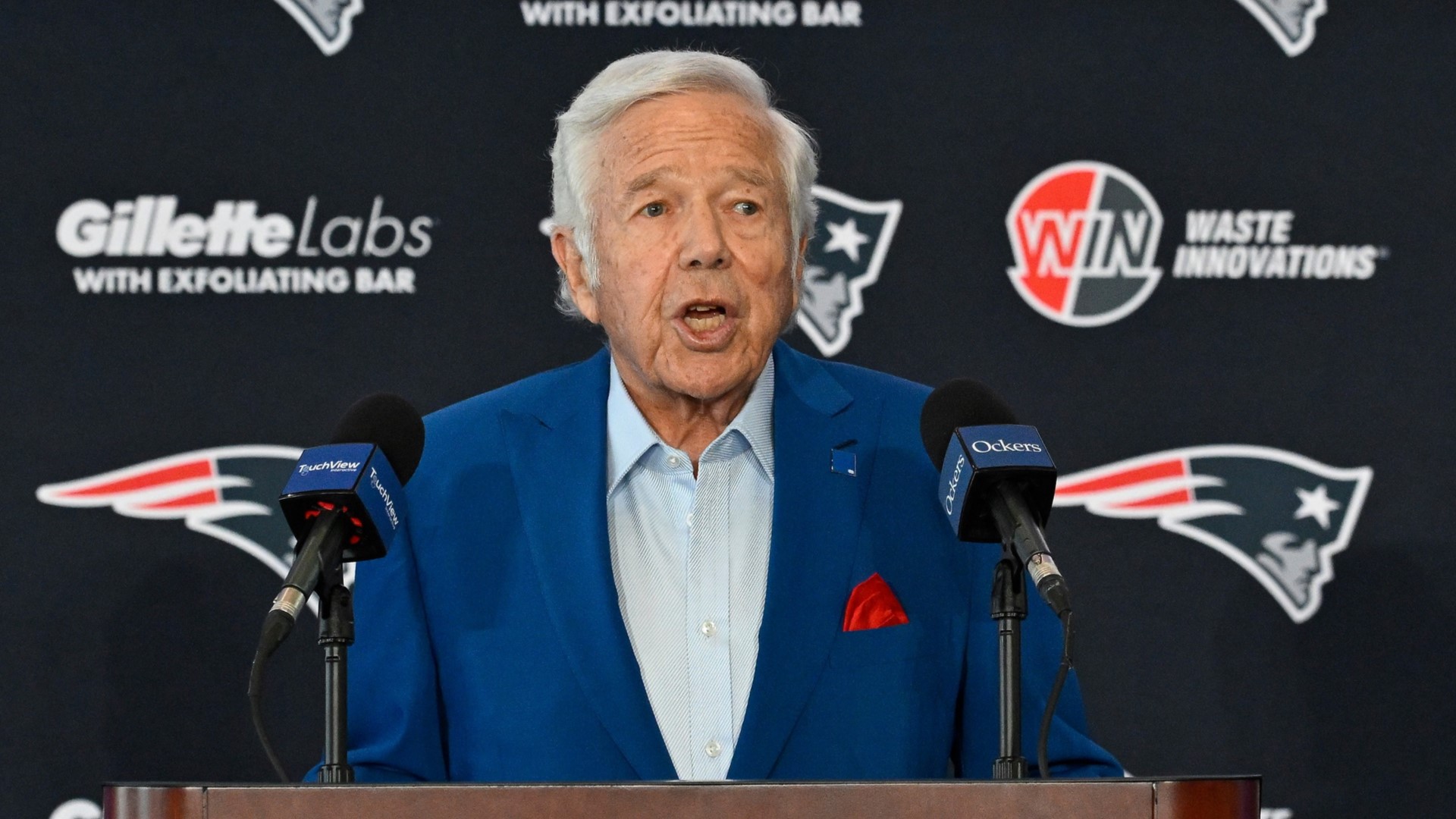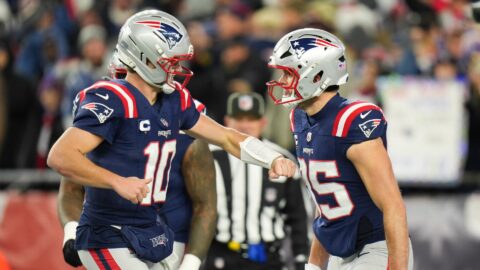It’s considered an exhibition by everyone, not much more than a little midseason fun to most. Very few consider the annual Home Run Derby to offer any sort of indication as to what the future holds for the winner. And the more cynical among us chalk it up to an ESPN-driven circus that does little but ruin the swings of those who participate.
The Red Sox, who saw designated hitter David Ortiz mash his way to the derby title Monday night in Angel Stadium, hope that is not the case. They may even have reason to believe that Ortiz’s performance can fuel him in the second half of the season.
If Ortiz has taught us anything over the past two years it is this: he is a hot and cold hitter. When hot, he can carry the Sox. When cold, his slumps loom even larger than his titanic frame, prompting questions from the media and defensive statements from his teammates.
Not that a professional like Ortiz, largely beloved in Boston, needs anyone to go out of their way to keep him happy, but it certainly helps the general vibe around the clubhouse when the big guy is smiling.
And if you didn’t see that grin Monday night, then you missed out on vintage Papi. Throw in a few of his trademark hugs and cackling quotes in interviews with ESPN reporters and it felt like 2004 all over again.
Again, not a bad thing if you’re watching from New England (those of you that had found the mute button, of course, avoiding Chris Berman and a seemingly under-the-influence Bobby Valentine).
With Ortiz now as happy and healthy as we’ve seen him in months, we turn our attention to his swing. It looked fantastic in crushing 32 Tony Pena offerings Monday night, but can that translate to success at the plate during the dog days to come?
Contrary to what most of you think, it can.
Consider the past 10 Home Run Derby champions. Many of them saw significant bumps in their second-half production while others whose power numbers dipped made up for it in other ways. Here’s a quick look:
2009: Prince Fielder
The Brewers first baseman saw his home runs per at bat increase from one for every 14 at bats in the first half to one every 11.79 in the second half. It was modest, for sure, but made him a vicious power threat down the stretch (Babe Ruth’s career home run/at bat ratio was 11.76).
2008: Justin Morneau
Had four homers and 18 RBIs in the first 13 games of the second half and finished with a remarkable 61 RBIs in 65 games after claiming the derby title in Yankee Stadium. (Josh Hamilton, who stole the show that year with awesome early-round performances before finishing second to Morneau, hit .366 in September of that year.)
2007: Vladimir Guerrero
Hit .353 with eight home runs and 28 RBIs in August and went deep once every 20 at bats after winning the crown in San Francisco, compared to once every 22 at bats in the first half.
2006: Ryan Howard
Perhaps the best case there is for inclusion in the exhibition, Howard hit an astounding .355 with 30 homers and 78 RBIs after the All-Star break. His OPS jumped from .923 to an otherworldly 1.259 en route to the National League MVP Award.
2005: Bobby Abreu
This is the guy many bring up to support their claim that the derby destroys hitters. His home run production did drop dramatically after winning the event in Detroit (six home runs after the break), but from the end of July to mid-September he raised his average from .288 to .300 and his OPS of .929 in August was his second-best mark for one month that year. He certainly didn’t disappear.
2004: Miguel Tejada
The then-Orioles shortstop batted .311 in the first half of the season, and .311 in the second half. His slugging percentage before the break was .506. After claiming the Home Run Derby in Houston? .566.
2003: Garret Anderson
He reached the 30-homer mark just once, so it was hard to call Anderson a real home run hitter and when he hit 22 in the first half of the year it was a bit of an aberration. The longtime Angel was more of an average hitter (.285 or better in 12 of 14 seasons at one stretch) and showed it after winning the derby by hitting .350 in August (with a still solid four home runs).
2002: Jason Giambi
Amid perhaps his best season as a Yankee, Giambi was remarkably consistent, posting a 1.032 OPS in the first half and a 1.035 mark in the second half. Yet, some two months after he sprayed balls all over Miller Park to take the crown, the one-time MVP had his best stretch, batting .388 with nine home runs and 20 RBIs in September.
2001: Luis Gonzalez
In his best season as a pro (57 homers, 142 RBIs), Gonzalez did see a dip after hitting 35 dingers before the break. Much of that had to do with the fact that his walks began to skyrocket as pitchers worked around him. Still, he managed to hit .313 with 10 homers in August and then had perhaps the biggest bloop single in major league history that October to slay the Yankees.
2000: Sammy Sosa
Firmly nestled in his multi-year home run binge with the Cubs, Sosa had one of his best second halves after winning the derby in Turner Field. He had 13 homers and 29 RBIs in August and raised his OPS from .922 in the first half to 1.138 after the intermission.
Ortiz, who has hit more home runs in August and September (68 apiece) than any other month in his career and whose numbers across the board improve after the break, has the pedigree to follow in the footsteps of these recent Home Run Derby champions. It never hurts his chances when there’s a smile on his face.



